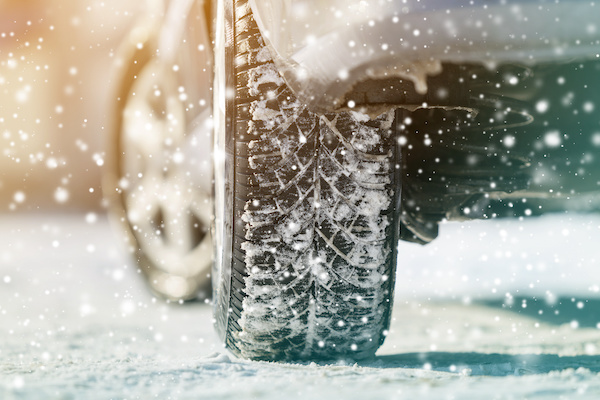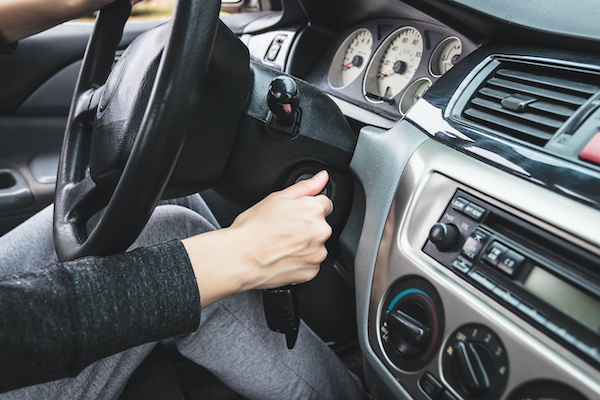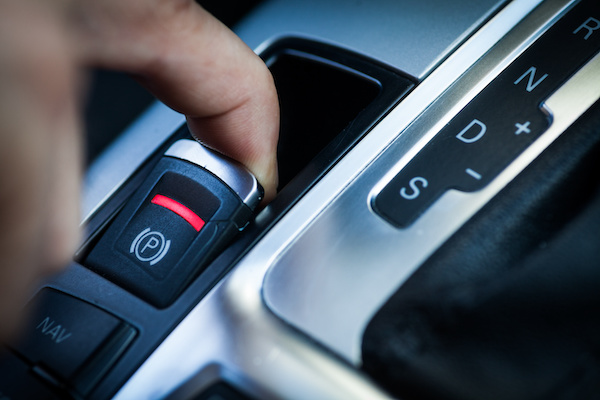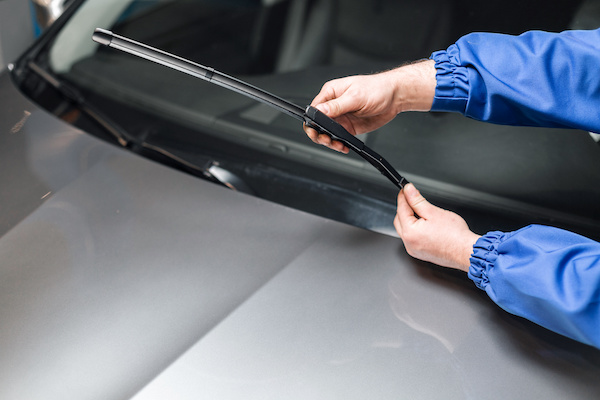Posted on 12/20/2021

If you have a teen who is just starting out on the road, you may be a little anxious or worried every time your child gets behind the wheel. You may have doubts whether you have done enough training and preparation to ensure they drive safe and smart. Though every parent may feel this at this point in their child's life, here are some ways you can prepare your new teen driver. Here are some important rules and techniques to set for your teenager to become a more competent and better driver: Be a good example for your children. Believe it or not, many teenagers will replicate their parents ' bad driving habits without even knowing it. They've learned and made a mental note from observing your driving throughout the years. This is why parents need to follow the traffic laws, drive slowly, and always buckle up. Limit your teen's night driving. Driving at night can be strenuous for everyone, no matter your age. To ease your mind, you should start by just letting you ... read more
Posted on 11/17/2021

Let's be honest: winter can be quite harsh on your vehicle. From cold temperatures to icy or snowy conditions, you can expect to see some internal, external, or a combination of both kinds of damage to your car if you leave it parked outdoors. Preferably, it's best to sit your car in a garage during the cold winter, but not everyone has the real estate to do so. How else can you protect your car from the brutal winter? If parking your vehicle in a garage isn't an option for you this season, here are four tips to protect your car this winter! Protect your glass We've all been a victim of struggling to get the layer of ice off of our windshields in the morning. To avoid the hard work and time every morning, you should invest in a windshield snow cover. This barrier may not completely block your car from other obstructions, but it effectively prevents ice from forming on your windshield. Cover your car If you don't want just to cover the windshield, why not ... read more
Posted on 10/11/2021

Almost every driver does this one particular thing when it gets colder out with the purpose of helping it run better: Warming up your car before driving in the cold. We hate to break it to you, but it is simply a myth. The Verdict Most cars don’t need to be warmed up to ensure good health and efficiency. This may have been true for old car models, but it is not required in modern cars. Why Don't You Need to Warm Up Your Vehicle With advancements in the automotive industry, vehicles can quickly start and run smoothly without a long warm-up process. If the temperature in Centennial, OH, is exceptionally cold outside or freezing (or under 32 degrees Fahrenheit), allowing the vehicle to run for about 30 seconds to a minute is plenty to get your systems running along. Letting the car run longer than a minute will simply just waste excess gas. Additionally, it can cause more wear and tear to the engine and add more air pollution. Exceptions There are exceptions if ... read more
Posted on 9/13/2021

Did you know that there is more than one brake system in your vehicle? The one we commonly use is known as the service brake, which is the primary brake system that is engaged whenever you press on the brake pedal. The other brake system functions as a supplementary brake and should be employed in case of service brake failure. This other brake system is often called the emergency brake. However, it has many different names: parking brake, e-brake, or handbrake. Since it is most often called the emergency brake, most people are under the impression that you should only use it in case of emergencies, such as when your service brakes stop working. We're here to tell you that it is simply a myth. You'd be surprised to know that you should be using your e-brakes ALL THE TIME (or every time you park). Doing so will help ease the stress and tension on the transmission and other drive components. The emergency brake also prevents your vehicle from rolling away if you're parked on ... read more
Posted on 8/9/2021

Operating windshield wipers are imperative to both your safety and the safety of other motorists on the road. We often don't forget about them and don't consider them part of our regular vehicle maintenance. However, they are just as important as your oil change and tire rotations. Please do not wait until it's too late to replace your wiper blades, as it could lead to major accidents and injuries. If you want to be extra cautious, you should replace your wipers every six to twelve months. The interval between each replacement can vary depending on usage, blade quality, and other outside factors. Here's What to Look Out For You can rely on your senses to determine whether you need new windshield wiper blades. Good, functioning wipers should always be able to clean and clear out the rain or snow on your windshield. Here are top symptoms to be on the lookout for: Squeaky Sounds It can be very frustrating and distracting to hear high-pitched screeches while tryi ... read more